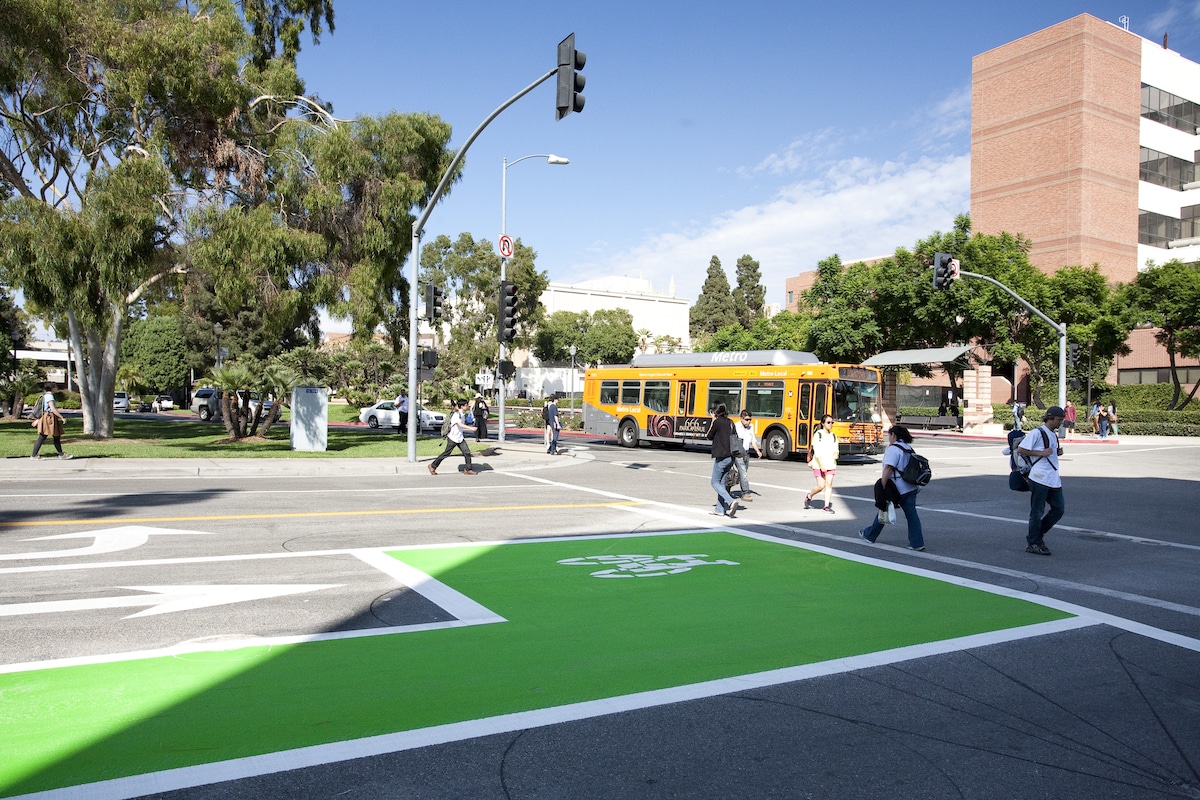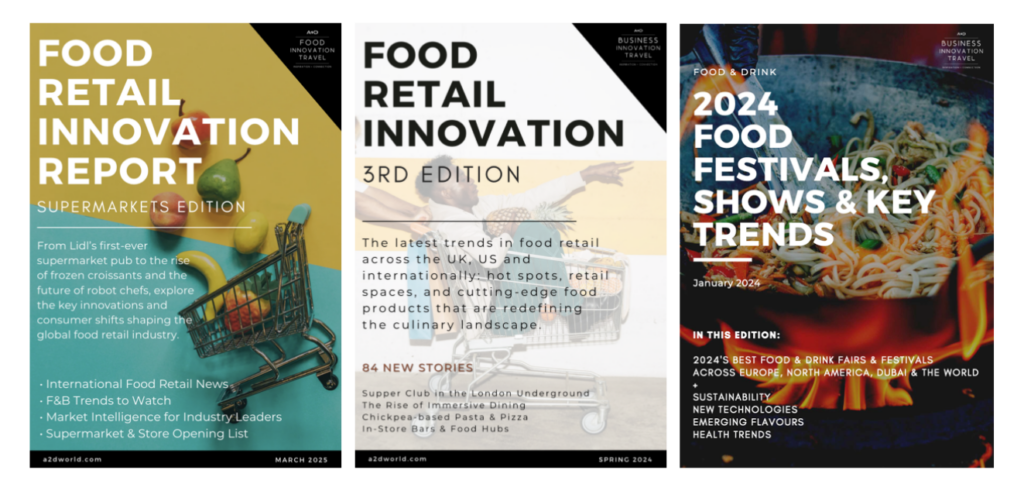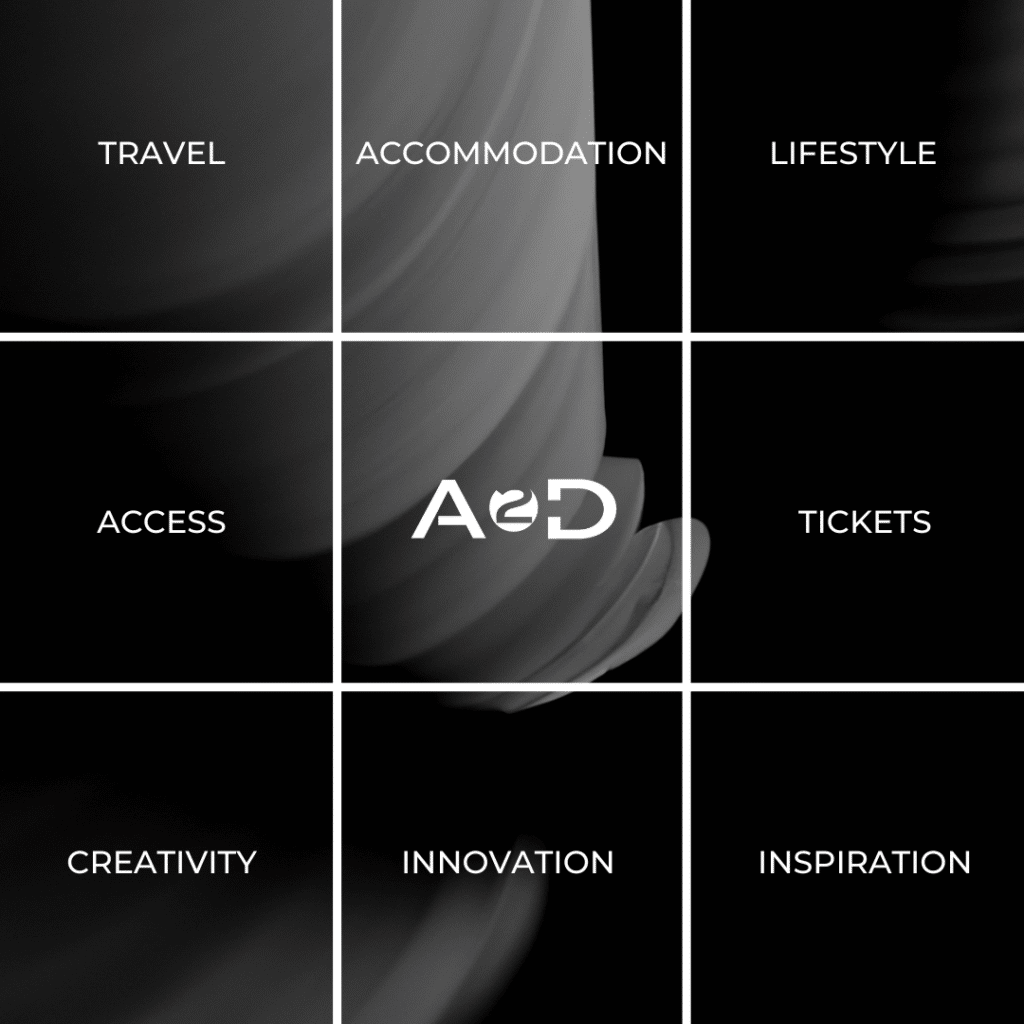About A2D Business Innovation Travel
A2D Business Innovation Travel is a unique platform that connects businesses with the future of various sectors, including transportation, technology, green housing, and food innovation. From exploring intelligent retail journeys in Europe to hosting conferences at iconic stadiums, A2D offers a plethora of opportunities for leading organizations to familiarize themselves with cutting-edge innovations. Whether it’s an incentive trip to a stunning winery in Spain or a “Bleisure” experience combining content with travel and entertainment, A2D is paving the way for business travel with a twist.
The future of urban transportation is undergoing a radical transformation, shifting from car-centric to commuter-centric models. This evolution is fueled by innovative technologies and a focus on making cities more walkable, bikeable, and optimized for public transit. As we’ll see in the following examples, this user-centric approach is already taking shape in various parts of the world, revolutionizing how we think about city design and mobility.
Vienna's AI-Powered Traffic Lights
In Vienna, Austria, the local traffic authorities are leveraging artificial intelligence to make pedestrian crossings safer and more efficient. Their ‘smart’ traffic lights use AI algorithms to detect when pedestrians intend to cross the road and adjust the traffic signals accordingly. This not only enhances pedestrian safety but also optimizes traffic flow, making it a win-win for everyone involved.
V-Locker: Switzerland's Bicycle Towers
Near Zurich, Swiss designer Meyer Hayoz is collaborating with the Swiss government and start-up V-Locker to revolutionize bike storage at travel hubs. The V-Locker is a space-saving ‘bicycle tower’ that aims to make cycling to and from public transport a more convenient and attractive option. This innovative solution could be a game-changer in promoting sustainable commuting practices.
Hummingbird's Sustainable E-Bikes
Based in Banbury, UK, Hummingbird is pushing the boundaries of sustainable transportation with its lightweight folding e-bikes made from plant fibers. In partnership with Prodrive, the company has even developed the world’s lightest sustainable bike made out of flax. These e-bikes offer an eco-friendly alternative for urban commuters, without compromising on convenience or performance.
NightJet's Climate-Friendly Sleeper Trains
NightJet, a division of Austria’s national railway network ÖBB, is developing next-generation sleeper trains that are not just comfortable but also climate-friendly. These trains aim to offer a sustainable alternative to short-haul flights, reducing the carbon footprint of inter-city travel while providing a luxurious commuting experience.
Mobility Plan 35 in Los Angeles
Los Angeles, California is setting ambitious goals with its Mobility Plan 35. Through collaboration and innovation, the plan aims to create a transportation system that is equitable, sustainable, and accessible. One of its key objectives is to achieve zero traffic deaths and build a 21st-century infrastructure that caters to all forms of transportation, from walking and cycling to public transit.
As cities around the world grapple with the challenges of urbanization and climate change, the integration of user-centric transport solutions into urban planning is no longer an option—it’s a necessity. From AI-powered traffic lights in Vienna to sustainable e-bikes in the UK, the innovations highlighted in this article exemplify how technology and thoughtful design can come together to create a more equitable and sustainable future for urban commuting.
How it Works
Every Business Innovation Travel program combines the best of our expertise in travel, business and entertainment.
BUSINESS
Site Visits
Meetings
Networking
Brainstorming
TRAVEL
Flights
Hotels
Transfers
Private Charter
ENTERTAINMENT
Restaurants
Activities
Concerts
Events








